Kingdoms of Amalur: Reckoning
You reckon?
Seeing as you're rampaging fate-free through the Faelands it's fair to say that its residents are frequently surprised to find themselves at the receiving end of a beautifully realised stab animation rather than, as they had been promised, dying peacefully in their sleep at the age of ninety and next to a blonde elf who's half their age. They'd be even more surprised to know that the fate they've left flapping in the wind will go on to fuel their murderer's Reckoning bar – the slo-mo, screen-tinting uber-power that you can unleash when you're in a tight spot.
Combat in Amalur, you see, is action-heavy – comfortably sitting in the same members club as God of War or Darksiders. You roll, block, dodge, launch projectile attacks and juggle enemies – and it's in the smooth motions and visual heaviness of all this that you start to recognise Todd McFarlane's involvement. Wiping those tainted Brigahall Caverns of giant gremlin/chicken hybrids (aka Niskaru Bloodhunters) looks solid and engaging stuff. If you've progressed in your stealth skills, meanwhile, then sneaking up on thieves and pickpocketing them before unleashing a trip-up-and-stab-chest takedown looks similarly satisfying.
All this is, clearly, built on top of deep roleplay systems too. You pour points into Melee, Finesse and Sorcery categories – but within those are ability trees with a shrubbery's-worth of branches. Add into this the Diablo dice-rolls as you loot corpses, the potions you can create through alchemy, the way you can break down and rebuild armour with its constituent parts and the environmental shards that can be plugged into weapons and armour alike and you've got yourself quite the hardcore offering - despite the button-tap overlay. This is a game built to appeal to the hard-edged gamer who likes to see the amount of time they've spent poring over their character build reflected in the visual power and intensity of their on-screen actions – and in these terms Reckoning again scores a few points.
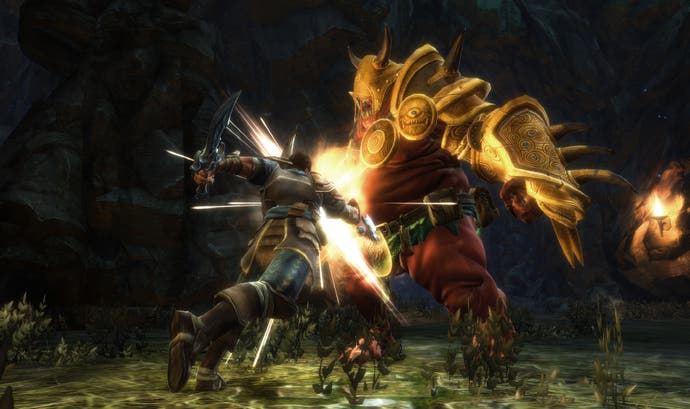
With Reckoning riding the coat-tails of Skyrim, and the endearingly batshit-mental Darksiders II taking on a surprisingly hardcore edge, the obvious question is whether or not the solid-if-uninspiring Kingdoms of Amalur: Reckoning can compete. Personally, to a degree, I believe it can. In the same way that people still enjoy vanilla ice-cream and in the same way that Pizza Express do a roaring trade in Margaritas, there is a definite and massive chunk of roleplay fandom that likes its accents faux-British and its fantasy delivered in a no-nonsense fashion.
Roleplay games don't necessarily need to dazzle graphically, nor reinvent a genre, to be fun to play and compelling to construct a character within. There is, however, a degree of ‘epic' that's missing here. Amalur is a fine drizzle compared to the thunder and lightning of the Elder Scrolls tempest. It's easy to say that Reckoning should be judged on its own two feet, certainly, but when the feet in question are such heavily-stitched Franken-legs from countless RPG forerunners that's quite a tall order.
With a 2012 release date there's undeniably still time to nip, tuck and turn up the volume. Perhaps one day the fantasy-speak of Amalur will be as second nature to us as that of Middle-Earth, WOW, Elder Scrolls or the Witcher. We might even get to a stage when we can say 'The Faelands' without unintentionally raising our eyebrows. On the basis of what's on show right now, however, that day won't be for a while.



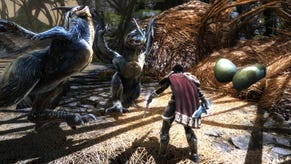
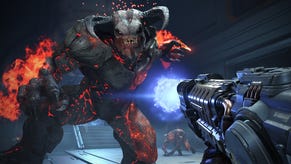
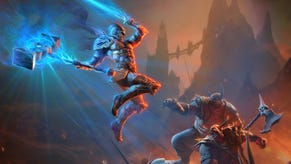
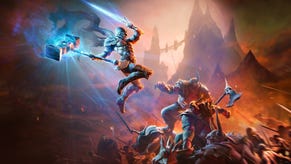
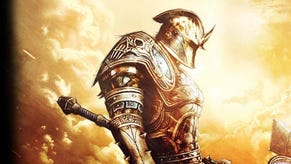


.png?width=291&height=164&fit=crop&quality=80&format=jpg&auto=webp)




.jpg?width=291&height=164&fit=crop&quality=80&format=jpg&auto=webp)
